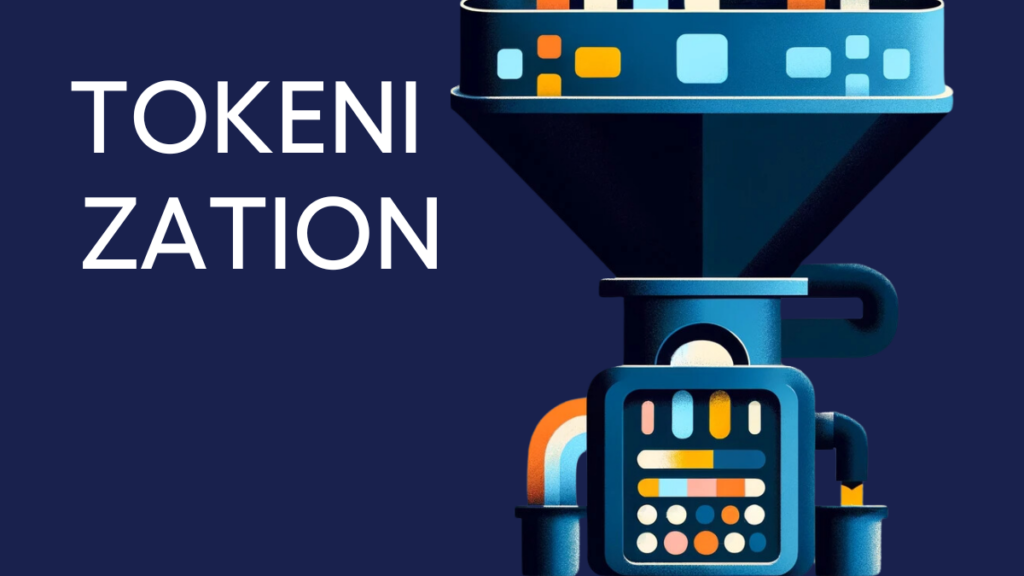
Tokenization Still a Fraction of Global Assets Despite Bitcoin’s Resurgence
Despite recent gains in the cryptocurrency market, particularly with Bitcoin’s resurgence, tokenization has yet to reach its full potential. According to data, only around 67,530 entities have adopted asset tokenization outside of stablecoins, representing a mere 0.003% of the total value of global assets.
The slow progress is largely attributed to the lack of clear regulatory frameworks in the United States. However, with Trump’s administration, new regulations more favorable to tokenization are expected to take effect, paving the way for increased adoption and innovation. Additionally, major financial players like BlackRock and Visa are leading the charge by launching tokenized funds and developing platforms to facilitate the issuance of fiat-backed tokens.
Industry experts predict that tokenized assets under management will reach $600 billion by 2030, a significant increase from the current $2 billion. However, some analysts caution about potential risks, including the possibility of mispriced assets being sold to unsophisticated investors.
Despite these concerns, many believe that tokenization has the potential to fundamentally reshape global financial systems in the long term. This technology holds the promise of increasing accessibility and liquidity for a wider range of investors while reducing costs and transaction times.
As such, it is crucial that regulatory frameworks adapt to this new reality and provide clarity on the role of tokenized assets within traditional markets. With major players like BlackRock and Visa taking the lead, the potential for tokenization to revolutionize financial markets has never been more promising.
Source: crypto-economy.com


